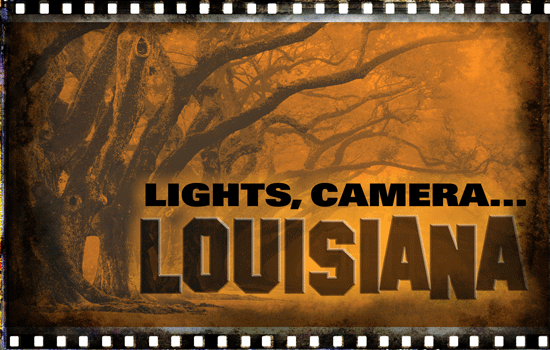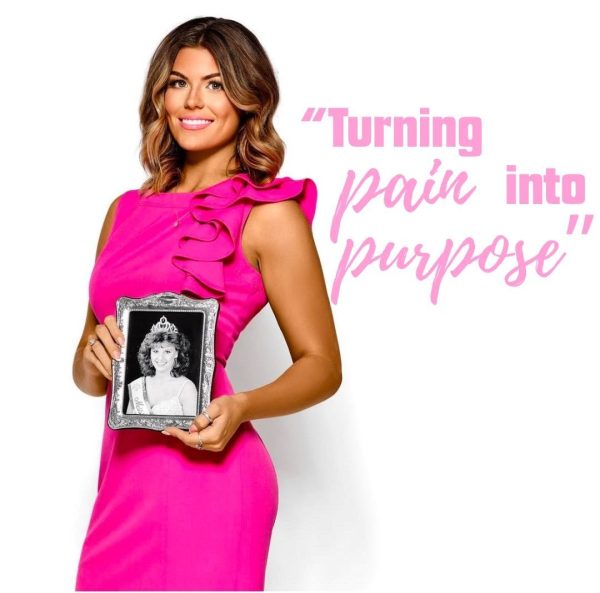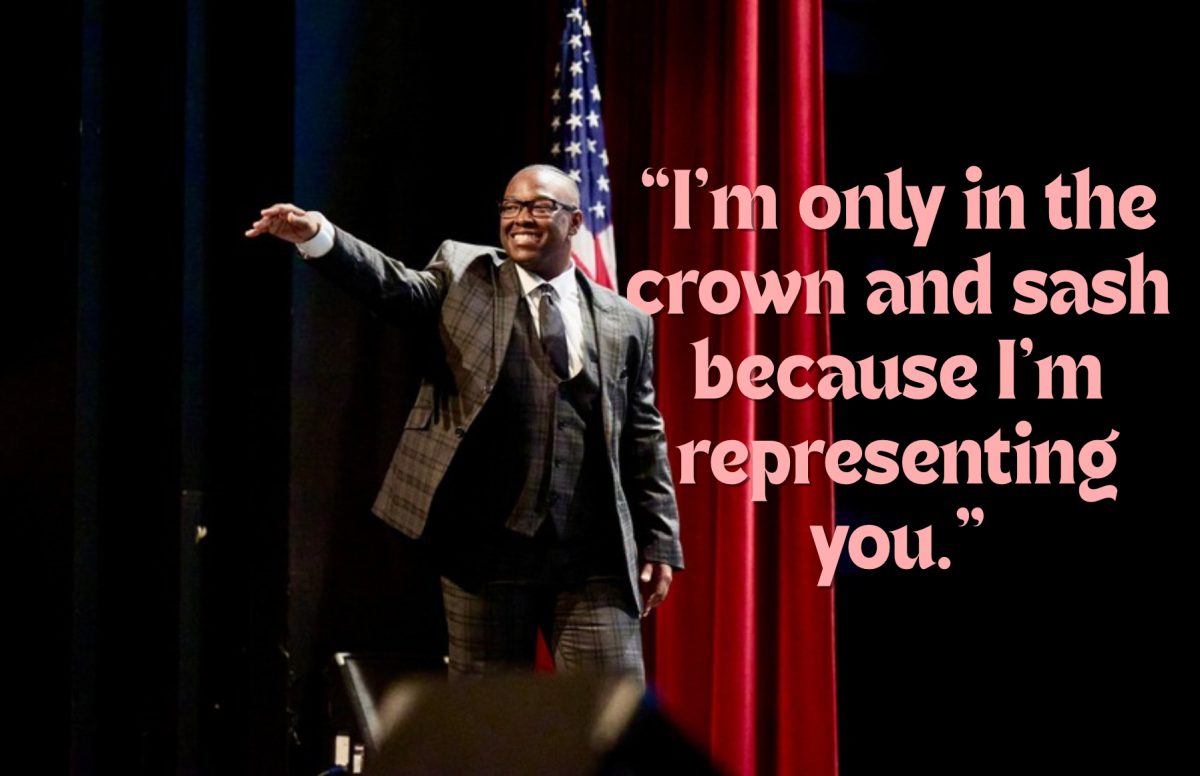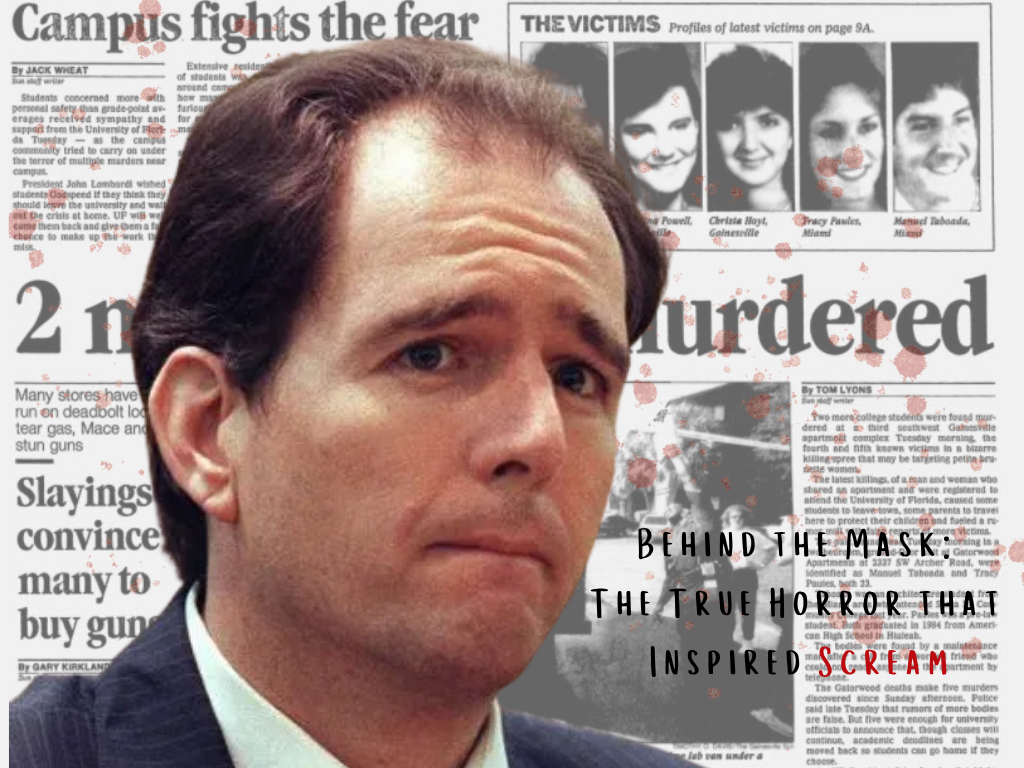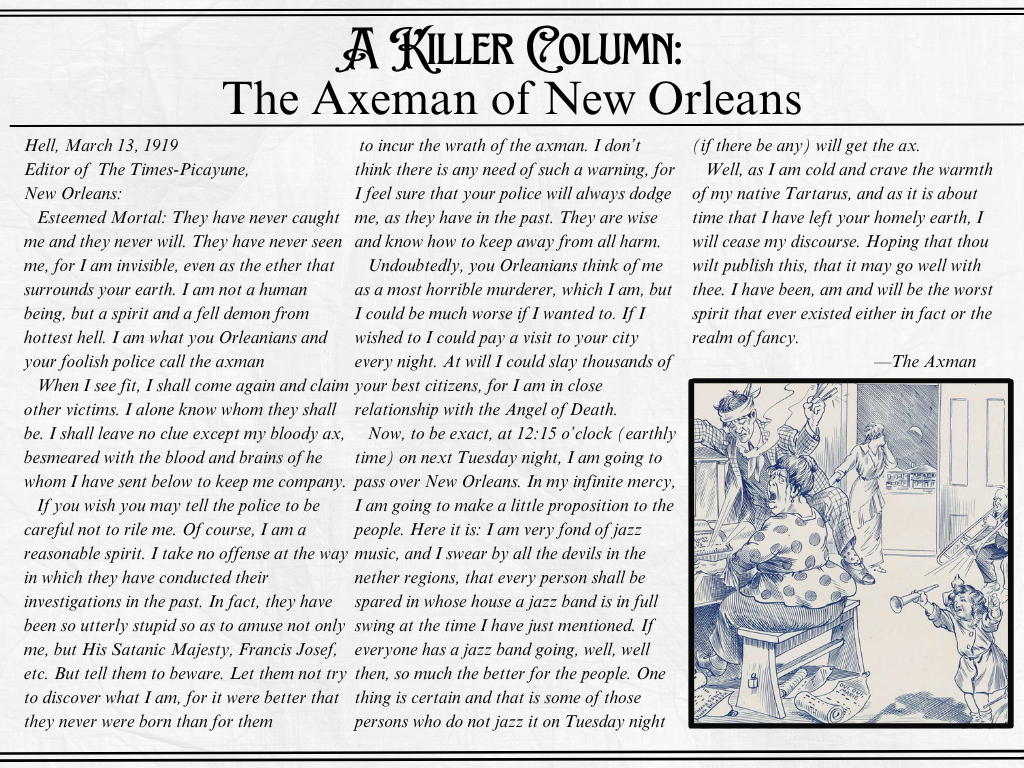Monroe native Rodney Ray decided he wanted to make movies. From pre-production, filming and all the way down to final editing, Ray wanted to do it all. But for Ray, realizing his dreams of making movie magic didn’t mean he had to chase them to Southern California.
“I’m committed to showcasing the talent and the beauty of our community through film,” Ray said. “I intend to always be based in Monroe.”
Ray is not the only one who’s decided to make movies in Louisiana.
His film company, R-Squared Productions, is just one of many that have opened in Louisiana, which has been named by film insiders as the best place in the nation to make movies and has affectionately received the title “Hollywood South.”
In 2002, Louisiana began offering tax incentives to moviemakers who come to make their films in the state. Ironically, Hurricane Katrina brought even more business to the Bayou State as Hollywood wanted to send money and support to devastated New Orleans.
Louisiana offers many incentives that make filming in the state attractive to people in the film industry. Louisiana is a right to work state, which means producers can pay less than the union standard. Producers also get a five percent tax credit for using locals. Practical aspects such as long periods of warm, sunny weather and picturesque landscapes also make the state an ideal location for movies.
While most of the state’s film industry is focused New Orleans, many in North Louisiana are ready to get in on the action.
“When you talk about Northeast Louisiana, we’re way behind the curve, but these other parts of the state aren’t going to give it to us. We’re going to have to earn it,” Ray said.
Other critics contend it’s going to take much more than that for the region to grow movie stars.
Kyle Zimmerman, assistant professor of acting and directing, said Louisiana’s “booming” film industry is a bit of a façade, saying most of the high paying jobs still rest in California.
“ Everyone says Louisiana is a great place to do acting, but it’s just not,” Zimmerman said. “They’re doing a lot of films, but that doesn’t mean a lot of work.”
Zimmerman said there may be a lot of work for extras, but to really get going in the industry, people are still going to have to move to become a star. He said even moving up to small speaking roles could present a problem with the career.
According to Zimmerman, the best way to get jobs is through good agents. To get a good agent, a person needs to have done enough work to join the union. But after an actor working mainly in Louisiana joins the union, he or she is subject to union rates, so producers may move on to another beginning actor who will accept less money.
Zimmerman also said a lot of the editing and post-production still takes place in California.
Still, Ray contends the future is bright in Louisiana, but it’s going to take some work.
Ray said continuing education in the art of filmmaking will produce a stronger workforce of job-ready people who don’t need on-site training and can go straight to work. More highly trained people will mean a higher likelihood of people staying in the region to complete entire films, including preproduction, production and postproduction work.
ULM is in a prime position to churn out that workforce.
The University just approved a new communication studies concentration called Multi-Media Performance. The concentration mixes theater, communication studies and mass communication classes to train people specifically for the film industry. The degree concentration is unique to ULM in that no other college in the state offers anything like it.
Majors following the degree path can still get the beginning experience in the industry by following what movies are being made and what film companies need. Ray said R-Squared Productions also offers internships and practical work experience that could give students a foot in the door to the industry.
Ray said it’s going to take a commitment from the community to want to invest in the industry and graduates to remain in the region to work.
“We believe in the community and our investment back into it because when you support R-squared Productions you’re investing back into the lives of people who live in our community,” Ray said.
Zimmerman said Louisiana will never be another Hollywood, but the state certainly has room to grow.
“What we could hope to become is like an Atlanta or Nashville. That would be more realistic,” Zimmerman said.
Zimmerman, who will be teaching some of the classes of the new concentration, said Louisiana could be a pioneer of a new industry he calls “small frame media.”
Zimmerman explains small frame media is the emerging uses of blog sites and sites like YouTube. He compares it to the beginning of film when directors filmed a play, but then realized the camera could move with the actors. Small frame media, he said, is in the same place in its evolution.
“If Louisiana can take what films are doing and apply that to small format, then we can get in on the ground floor of some cutting edge stuff,” Zimmerman said.


